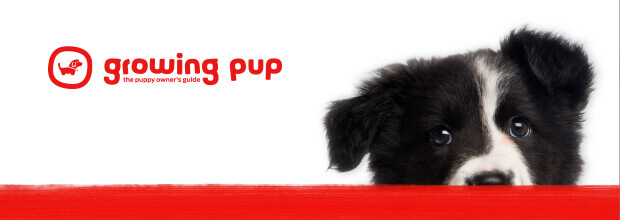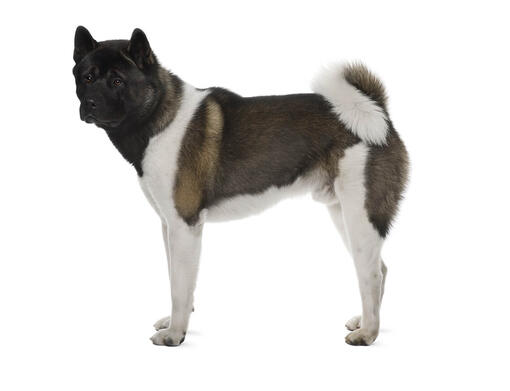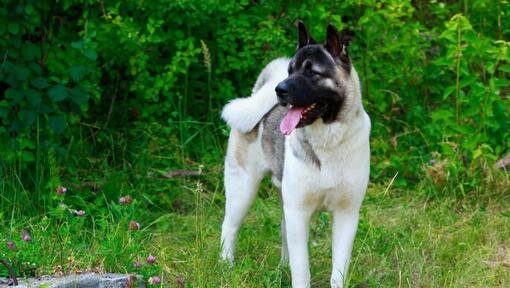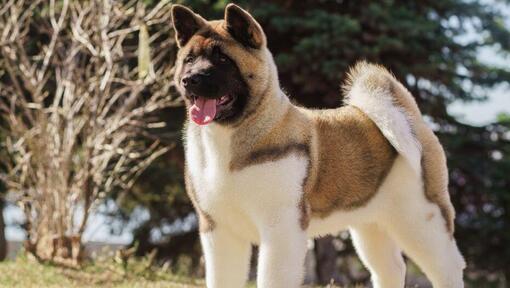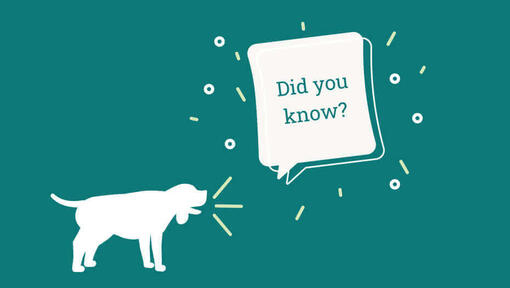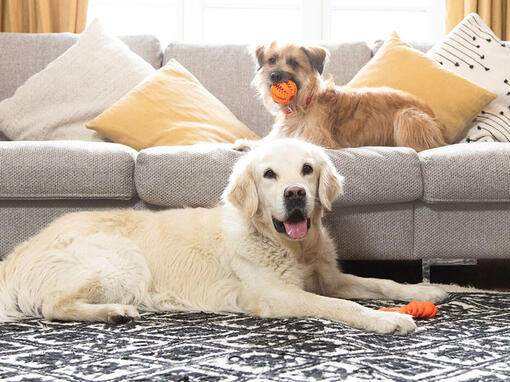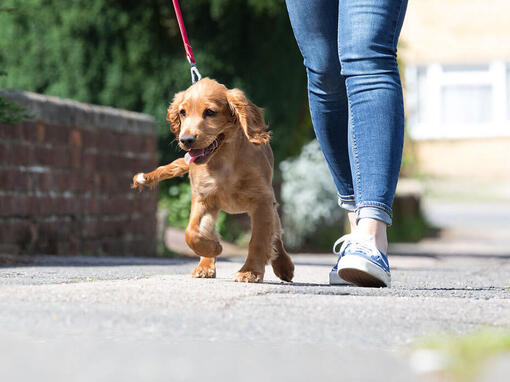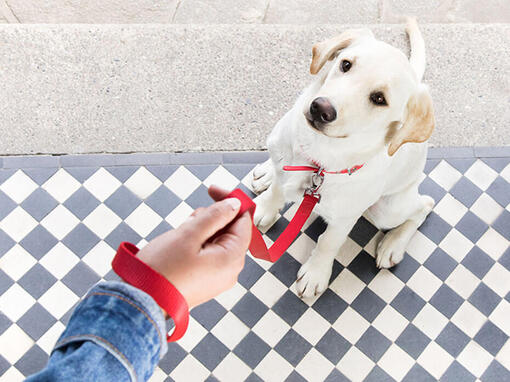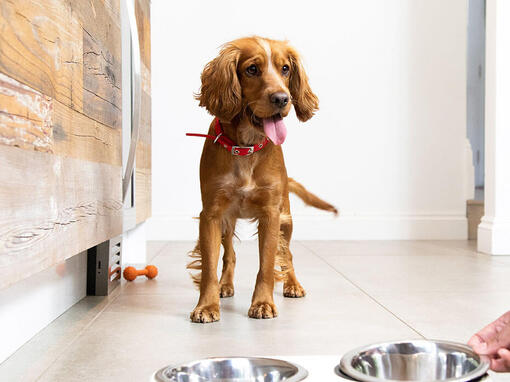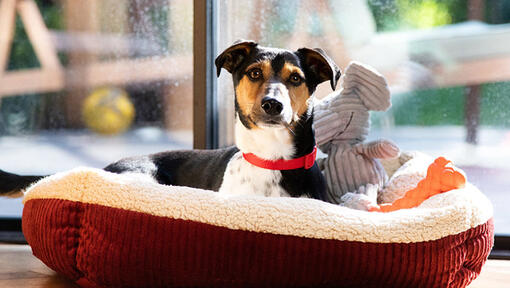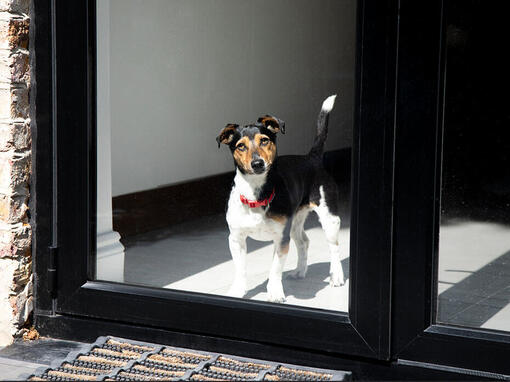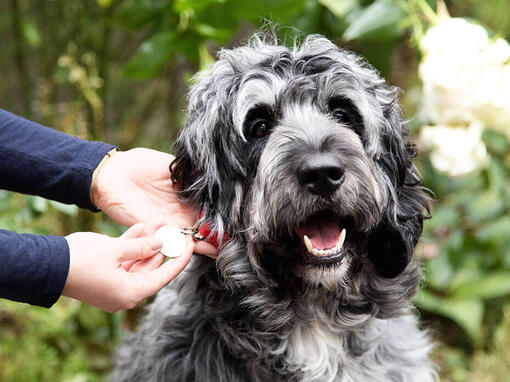History and Origins
Country of Origin: Japan
The Akita, the largest of all the Japanese breeds, was originally bred in the province of Akita in the 1600 and was originally developed as a highly successful fighting dog. In the late 19th century however, other breeds were imported into the fighting scene making the Japanese breeds suffer in popularity. As dog fighting fell out of favour, the Akita needed to find other jobs to do in order to survive, and managed this effortlessly by multi-tasking as a hunting dog, a guard dog, a police dog, a show dog and a much-loved companion.


